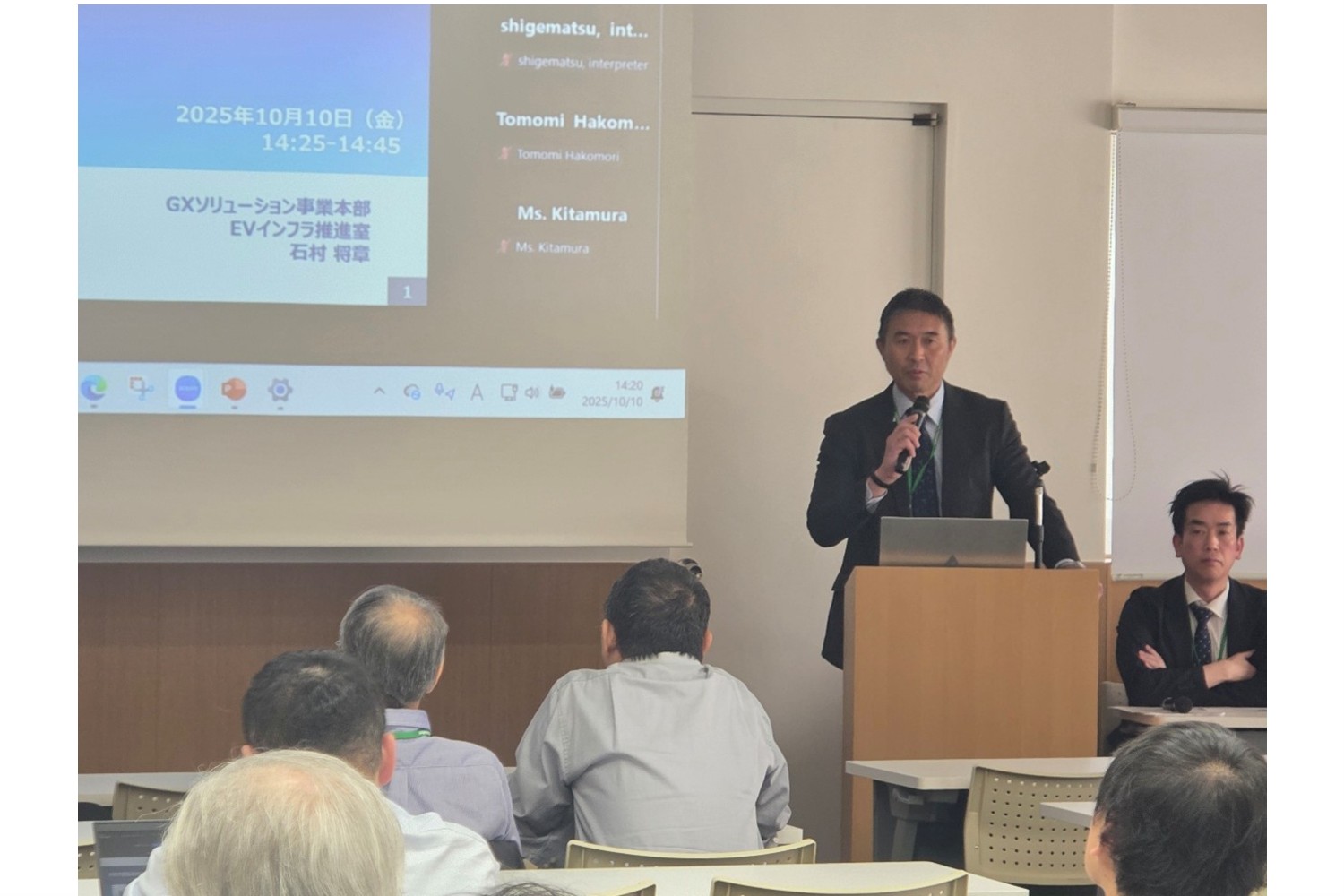European Commission has released the Fit-for-55 package, including notably the proposal for the revision of Directive 2014/94/EU on the deployment of alternative fuels infrastructure (AFID). CHAdeMO Association calls for a transparent, open and inclusive process for the development of technical specifications.
CHAdeMO Association:
- welcomes the European Commission’s enthusiasm and ambition for advancing zero-emission transport;
- endorses the Commission’s recognition of the importance of bidirectional charging (V2G/VGI) in contributing to greater flexibility of the energy system;
- calls for, however, a truly transparent and inclusive approach in the entire process of the many technical requirements the Commission identified to adopt as EN standards
The European Commission has tabled on 14 July the Fit-for-55 package, a set of legislative proposals, to deliver the EU’s commitment to reduce greenhouse gas emissions by 2030 by at least 55% for its goal of transitioning to climate neutrality by 2050.
CHAdeMO Association endorses the Commission’s achievements, and welcomes its enthusiasm and ambition for advancing zero-emission transport. This goal is fully aligned with our vision of ‘Powering global zero-emission mobility for the happiness of future generations.’ Since its creation in 2010, the Association has never stopped improving and innovating its charging technology to be more reliable, convenient, and sustainable, based on the consensus of industry experts and the general public. Today, the passion and commitment of our founders has been passed on to the Association’s over 500 members, who continue to pursue our mission of bringing safe, affordable and interoperable charging to all EV drivers.
The Association also appreciates the Commission’s recognition of the importance of bidirectional charging in contributing to greater flexibility of the energy system and to the increased integration of renewable electricity, and its proposal to make it a required element of National Policy Frameworks[1]. CHAdeMO Association is keen to contribute to the widespread adoption of bidirectional charging, also known as V2G, as the pioneer in V2G technology, by promoting the CHAdeMO protocol, the only enabler of V2G.
While the Association considers the Fit For 55 package a step in the right direction, the proposal also raises concerns about the openness and transparency of the process of developing technical specifications for interoperability of recharging and refuelling points[2]. The Commission identified and included more than 40 new technical requirements to be standardised in its proposal for the revision of Directive 2014/94/EU, which proposes to empower the Commission to request the European Standardisation Organisations (ESO) to draft European standards as well as to adopt delegated acts[3]. This would mean that the important task of defining the technical requirements to be standardised would not be discussed in the main body of the legislation, which is subject to the reaction of the European Parliament and the Member States.
In this respect, we call on the Commission to consider consulting with all stakeholders in its preparatory work, notably the drafting of the standardisation request (SR), and to coordinate so as not to exclude existing, well-functioning standards, as stipulated in Regulation 1025/2012[4]. This would ensure a truly transparent and inclusive process whereby market demands and user needs are incorporated into the draft text for the SR before it is sent to the Committee on Standards. While we agree that the deployment of a fully interoperable infrastructure is crucial for the mass-adoption of EVs, as pointed out in the results of the evaluation of the current legislation[5] and the Impact Assessment[6], the standards should be purely technical and independent from special interests. The Commission is therefore encouraged to openly discuss the draft SR with interested parties before finalising it, so as not to compromise the transparency, openness and consensus of the standardisation procedure in the spirit of ‘the founding principles’ of European standardisation[7].
—–
[1] Article 13.i, 2021/0223 (COD)
[2] Article 19.7, 2021/0223 (COD)
[3] Article 19.7, 2021/0223 (COD)
[4] (32), (46) Regulation 1025/2012, 25 October 2012
[5] SWD(2021) 637 final, 14 July 2021
[6] SWD(2021) 631 final, 14 July 2021
[7] (2), Regulation 1025/2012, 25 October 2012
N.B.
This position paper was revised and reformulated before the final version was submitted to the European Commission’s public comment feedback (17 November 2021).
The final version is on this page.




